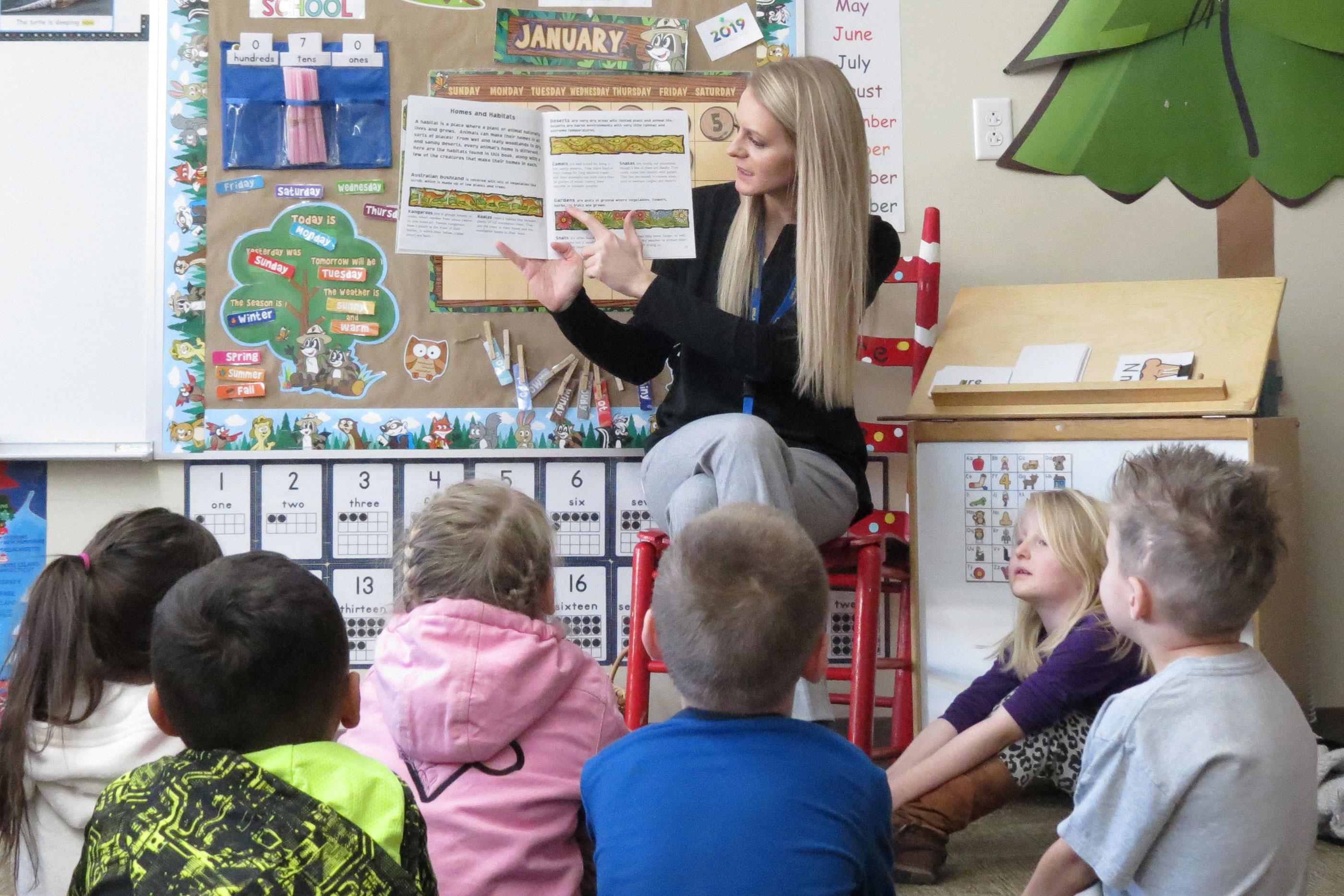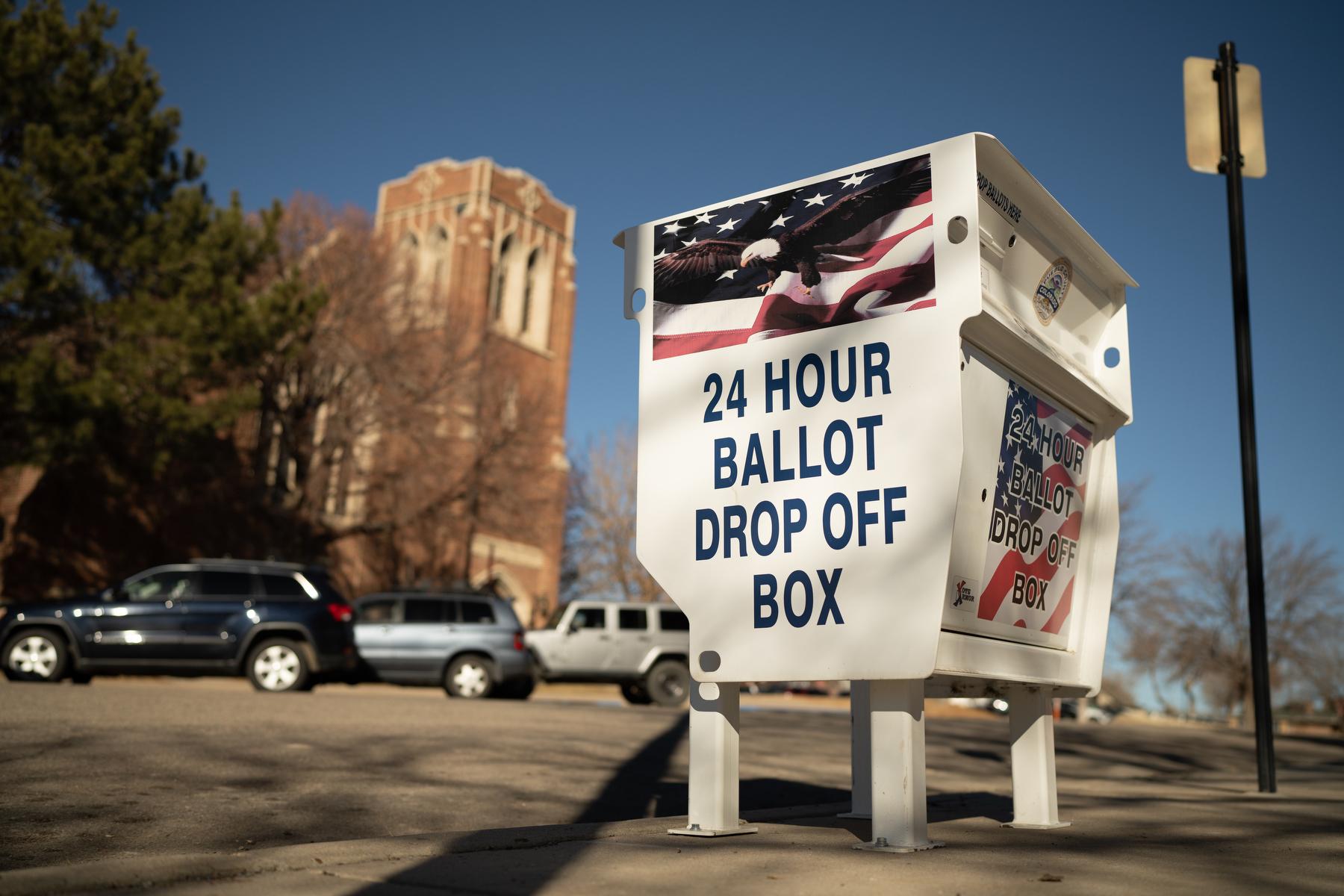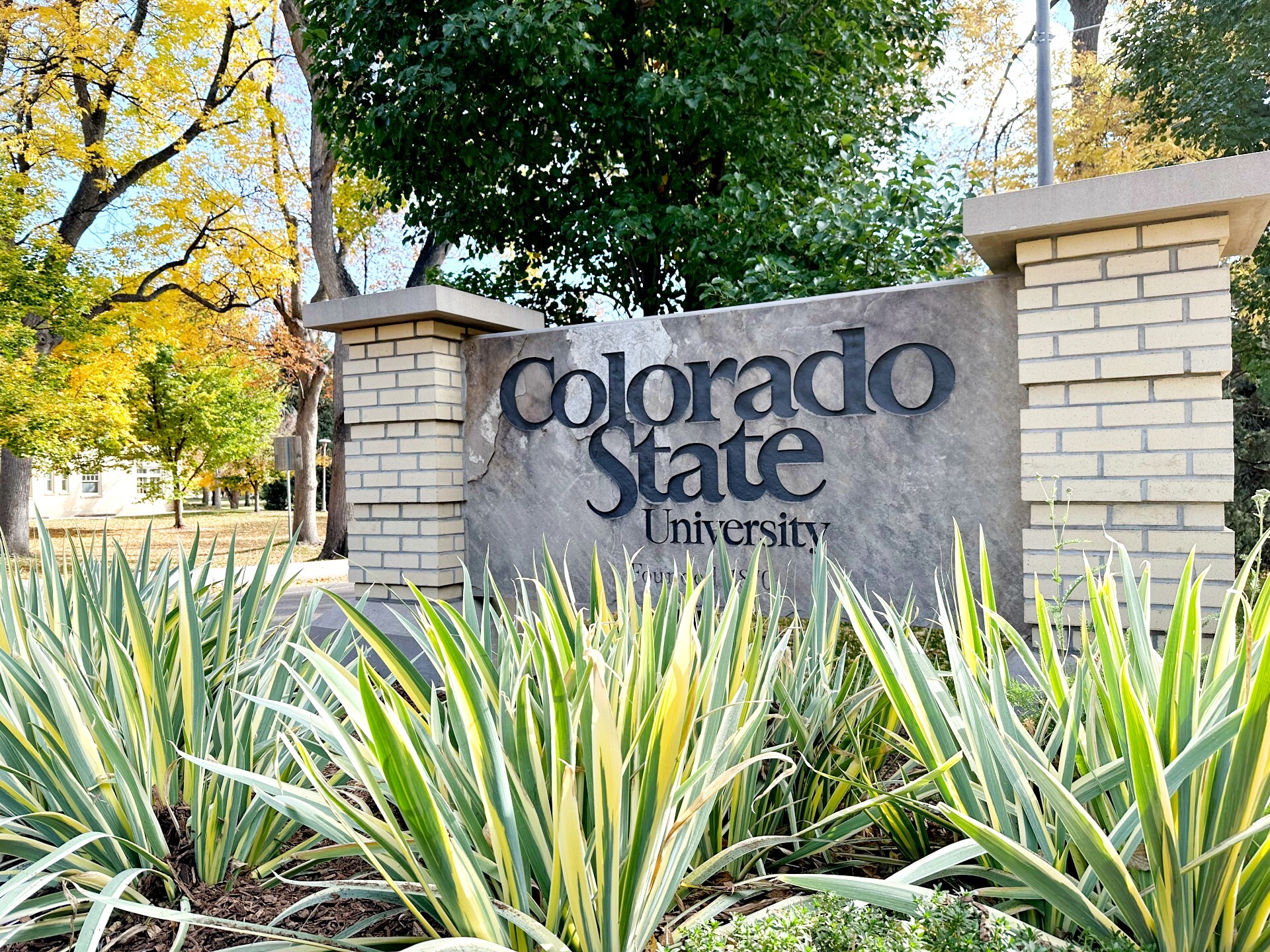

For the last six years, Republican Rep. Jim Wilson has warned his colleagues: the full-day kindergarten train is coming.
“You can either get out of the way, get on, or get run over,” the former school superintendent said. “And here it is. It’s coming into the station.”
The Colorado House gave its final approval to Wilson’s bill Tuesday. With just a signature, Gov. Jared Polis can put to bed one of his main campaign promises and extend the option for full-day kindergarten to every family in Colorado.
Under current law, the state only funds half-day kindergarten. To pay for the other half, school districts have had to either spend their local dollars or charge parents tuition. During the last school year, 78 percent of kindergartners were enrolled in full-day programs -- a 64 percent increase since 2001.
Once signed, HB19-1262 will fund full-day kindergarten like other grade levels. It will also ban districts from charging tuition and free up more funding in districts that currently pick up the tab for full-day classes.
Polis threw his political weight behind the plan during the session. He took his case to a powerful committee of legislative budget writers, arguing that investing in kindergarten could help save money on interventions down the road. He also cited studies showing full-day kindergarten helps close achievement gaps that fall along racial, economic and geographic lines.
His initial request for the program came in at $227 million along with another $25.7 million to implement it. Lawmakers eventually revised that down to $175 million. The money comes from extra revenue generated by Colorado's strong economy.
A separate bill taps $25 million in marijuana tax revenue to help get the program off the ground.
Some have worried about the long-term sustainability of the plan. In 2008, Colorado lawmakers agreed to slowly increase support for full-day kindergarten until it was fully funded. That effort fell apart in the wake of the Great Recession.
Democratic Rep. Barbara McLachlan, another sponsor and a former teacher, said that's less of a concern this time because the money has been added through the state's school finance formula. That means kindergarten funding will be tied up with other grade levels.
"If we have some kind of crash or downturn, it won’t just be kindergarten that’s gonna feel it, it’s gonna be K-12. It’s part of the system now," she said.
The bill marked a rare point of bipartisanship in an otherwise contentious legislative session. Only 10 Republicans voted against the measure in the Colorado House, and it won unanimous support in the Senate.
Wilson, who once led the Salida School District, said the bipartisanship shouldn't come as a huge surprise. Republicans like him have seen the problem up close in rural school districts.
As for his own feelings after achieving such a long-time goal, Wilson heaped praise on Polis, whom he credited with finding the money for the program. He was hesitant to take any credit for himself.
“People talk about a legacy,” he said. “I don’t serve here to have a legacy. It was just really an honor to get the legislation through that will benefit children for decades to come.”








